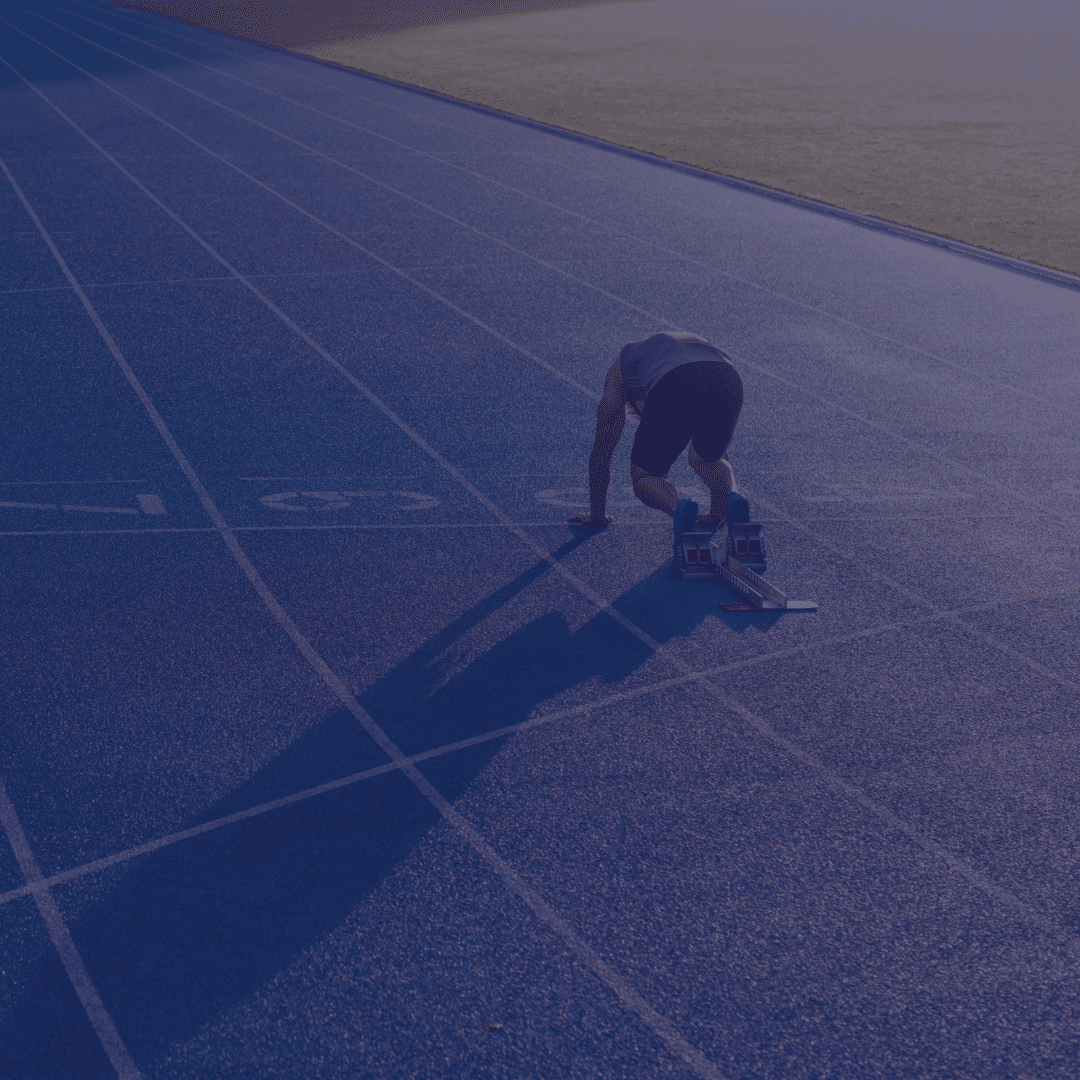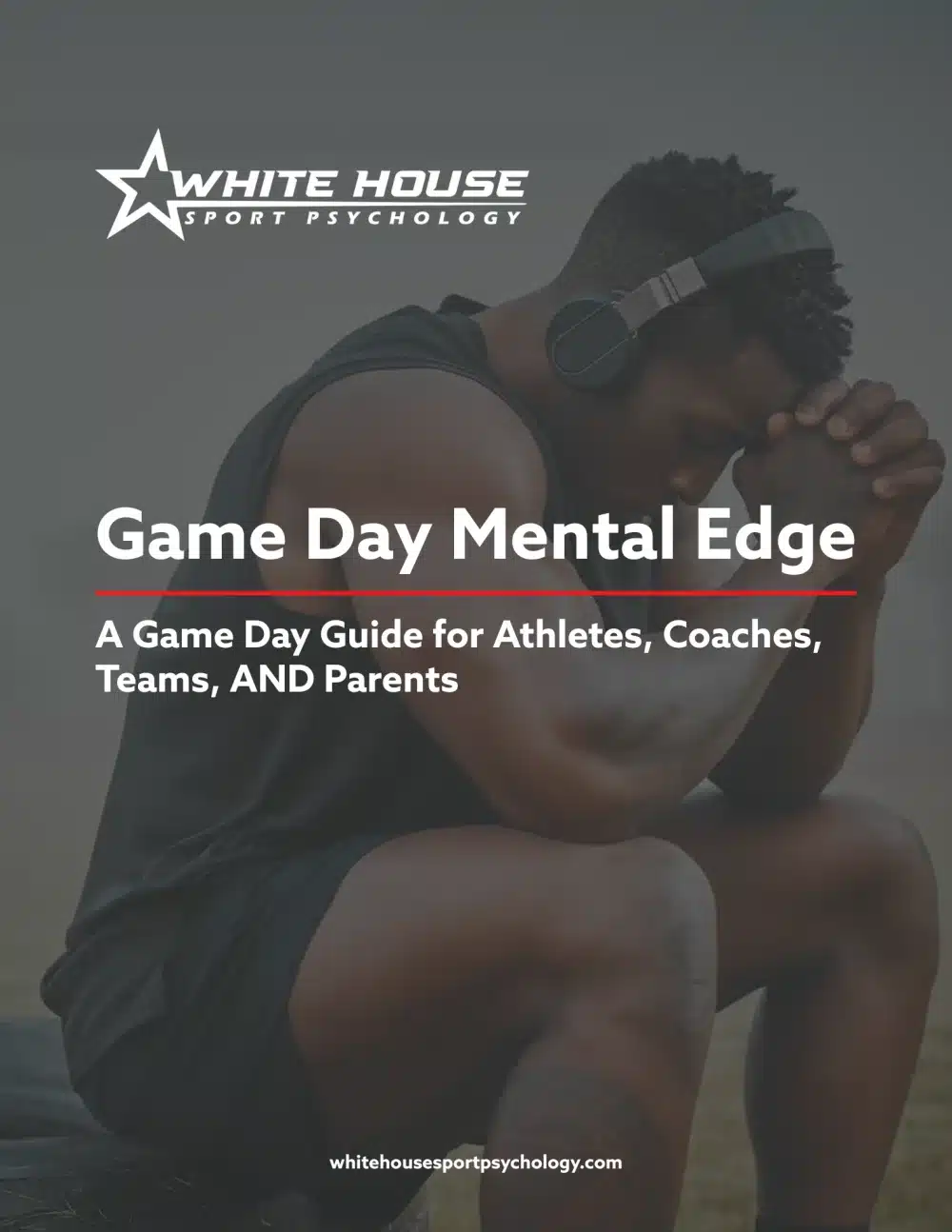For elite athletes, it’s different when it’s personal
Olympic track and field gold medalist Letsile Tobogo’s (Botswana) story began not unlike many elite athletes. He pursued greatness in his sport to help support his family financially, specifically his mother, who worked hard and provided all she could for her son. Growing up with little money, Letsile was motivated by more than accolades or notoriety, but financial survival.
In May of 2024, just a few months before the Paris Olympics, his mother passed away unexpectedly. According to an article released just before the Olympics, Tebogo said his form had been inconsistent recently because his mother’s death hit him so hard. “I believe there is a medal in these legs and it only needs the determination and the willpower to do it,” he said. “I’ve had such a huge blow that affected me deeply so I’m still trying to get the confidence back into the body. It’s not about injuries, it is all about my mum.“
Becoming an Olympic champion
Fast forward a few weeks later, and Tobogo crossed the 200m finish line as the Olympic champion, becoming the first African athlete to win the event and Botswana’s first Olympic gold medal. According to an article by Reuters, “He did it wearing spikes bearing his mother’s date of birth. ‘It’s basically me carrying her through every stride that I take,’ Tebego told reporters. ‘Me, to take her, it gives me a lot of motivation.”
While Tobogo had been on the elite track scene for some time, he was not favored to win the 200m, in fact, he was in the 8th lane in a heat with heavily favored Americans Noah Lyles and Kenny Bednarek.
Connecting the dots between your mindset and resilience
Experiencing adverse events that lead to periods of grief, anxiety, depression, and trauma can all negatively impact a person’s physical performance and ability to handle additional stress and pressure. Current research supports the idea that an athlete who has experienced adverse situations AND has the psychological skills to manage or overcome them is likely to have a competitive advantage over athletes who have not experienced adverse situations or who have, but do not have the skills to manage them adequately (Fletcher & Sarkar, 2012).
Read that again – and take a moment to appreciate the fact that adversity, combined with specific mental skills, techniques, and strategies, can lead to a competitive advantage.
Furthermore, research conducted by Sarkar, Fletcher, & Brown (2015) found that adversity-related experiences were vital in the development of superior Olympic performance. As an example, in a field of elite athletes who all have the physical skills and abilities to perform at a level high enough to qualify for an Olympic final, psychological resilience is likely a contributing factor in an athlete’s ability to perform under pressure and rise to the top of a competitive field, as Tobogo did.
Coping strategies and resiliency can be gleaned organically as a response to a person’s environment, but they can also be learned, practiced, and developed through resources like mental performance sessions with a qualified professional at White House Sport Psychology. These skills can serve as a protective measure for navigating difficult past, present, or future personal and professional situations. Resilience can also be utilized as a competitive advantage within sport.
Athletes like Letsile Tobogo relied on resilience and coping skills for both purposes—to cope with grief productively and eventually leverage it for competitive motivation. If you want to improve your resilience and coping skills to help your personal and sports performance, White House Sport Psychology is a great place to start. Book a free 15-minute consultation to learn more.

